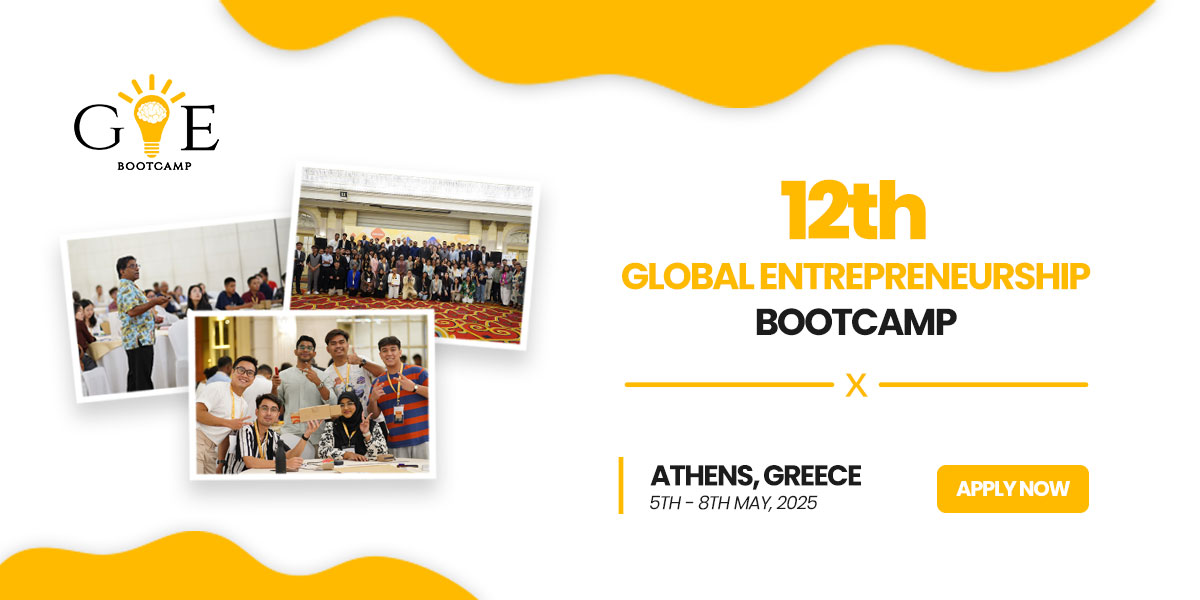
Emotions: The Engines of History
Details
The etymology of the word “emotion,” whose first use dates back to the sixteenth century, betrays the multiplicity of its meanings. Derived from the Middle French emouvoir (to stir up), it traces its origins back to the Latin emovēre (to remove or displace), which in turn comes from the Latin movēre (to move). The notion of movement, then, or a change of state, has always accompanied the way people conceptualise emotions. History is, similarly, a record of movement, fluidity, and volatility, and this approach is increasingly being extended to the study of humanity’s past, with emotion studies bringing increased sensitivity to historical, literary and cultural enquiries. Approaching emotions as “engines,” that is catalysts of past events and processes is, however, fraught with challenges. It is largely due to the fact that the roles of irrationality and emotionality as motivating elements in history and its narratives are not easy to determine and often elude scientific study due to their intimate and highly personal nature. Likewise the very thought that historical decisions affecting the lives of many might have been made under the capricious influence of somebody else’s emotional state fills us with dread. And yet, we suspect or perhaps even know that many events of both distant and not so distant past have been dictated by emotional disposition and moods of those who made them. If fear, hatred, desire, disgust, pity, envy, love and shame affect our individual choices, they might as well influence the decisions whose consequences go beyond one’s singular or communal experience. From the Ides of March, through the separation of the Church of England from Rome, to the role of the social media in the most recent presidential elections in the USA, emotions have shaped and influenced historic events giving rise to groundbreaking social and political changes.
Specifications
| Type of Opportunity | Social Science and Humanities |
|---|---|
| Event Date | 23 November,2018 to 24 November,2018 |
| Abstract Submission Deadline | 15 June,2018 |
| Country | Poland |
| City | Sosnowiec |
| Organizer | University of Silesia in Katowice |
